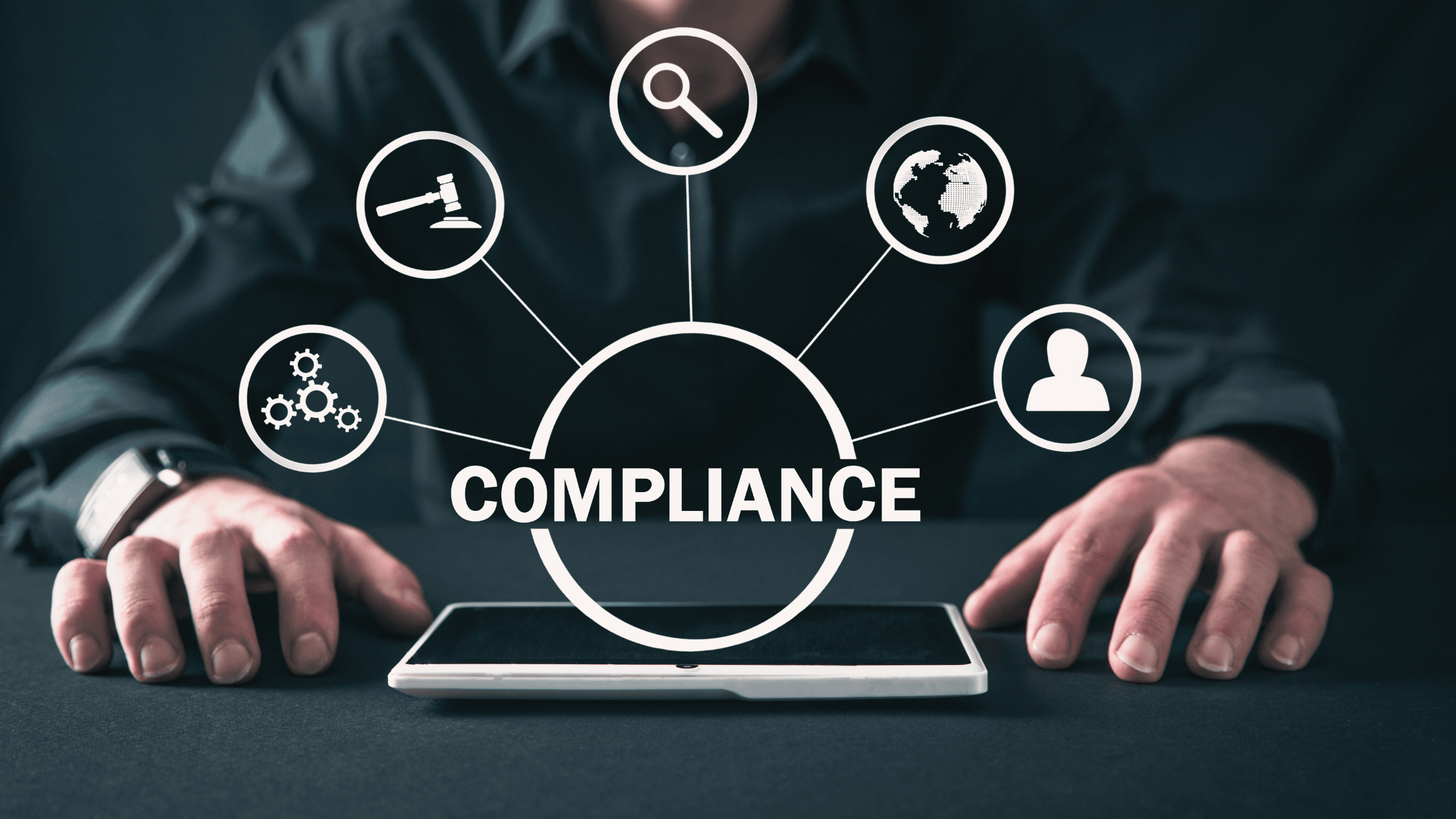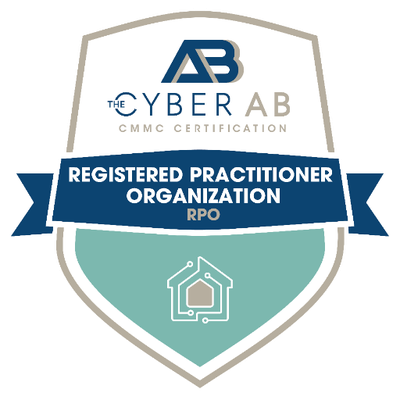The Network and Information Security (NIS) 2 Directive stands as a landmark legislative measure at the European level. Aimed at enhancing cooperation between Member States of the European Union and harmonizing cybersecurity practices, this directive carries significant implications for businesses operating within the European Union (EU) and those conducting online activities in the region.
A Brief History: From NIS 1 to NIS 2 Directive
The journey of the NIS Directive began with its initial release, known as the NIS 1 Directive, on July 6, 2016. This directive focused on establishing a common level of cybersecurity preparedness across the EU, particularly for operators of essential services and digital service providers. Building upon the foundation laid by its predecessor, the NIS 2 Directive was released on October 14, 2022, marking a milestone in European cybersecurity legislation.
Legislative Enforcement: The Deadline Approaches
With the enforcement date set for the fourth quarter of 2024, the clock is ticking for businesses to achieve compliance with the NIS 2 Directive. This deadline holds critical significance for CEOs and CFOs, as non-compliance can lead to severe repercussions, including significant financial penalties and reputational damage.
Understanding the Impact: EU, US, and Digital Service Providers
The NIS 2 Directive’s influence reaches far beyond the borders of the European Union, extending to any business with operations or online interactions within the region. For companies with a physical presence in the EU, adherence to the NIS 2 Directive is not just a matter of compliance but a legal obligation. This means that businesses engaging directly with EU consumers must align their practices with the directive’s requirements to continue operating seamlessly within the European market. This includes ensuring robust cybersecurity measures, reporting incidents promptly, and maintaining stringent data protection protocols to meet the directive’s standards.
US-based companies, particularly those involved in e-commerce or operating online marketplaces that cater to EU consumers, are also within the scope of the NIS 2 Directive. These businesses must comply with the directive even if their primary operations are based outside the EU. The directive’s broad reach underscores the importance for US companies to understand and integrate these requirements into their operational frameworks. Non-compliance can lead to significant legal and financial repercussions, including hefty fines and restrictions on market access, which can severely impact their ability to do business within the EU.
Moreover, the NIS 2 Directive imposes strict requirements on digital service providers globally. This category includes companies offering content delivery, cybersecurity services, and IT support, regardless of their location. For CEOs and CFOs managing or contracting these service providers, ensuring that these partners comply with the directive is crucial. Failing to do so could result in sanctions, legal liabilities, and damage to the company’s reputation. Thus, executives must ensure their service providers meet the directive’s standards to mitigate risks and maintain a secure and compliant operational environment. This proactive approach not only helps avoid potential penalties but also reinforces the organization’s commitment to robust cybersecurity practices and regulatory adherence.
Sanctions for Non-Compliance: A Costly Consequence
The penalties for failing to comply with the NIS 2 Directive are substantial, with financial repercussions designed to reflect the severity of the breach. Organizations that do not adhere to the directive face sanctions that can reach up to 1.4% of their global revenue or 7 million euros, whichever amount is higher. This means that for large multinational corporations, the fines can be astronomically high, potentially reaching tens or even hundreds of millions of euros. Such significant financial penalties can severely impact a company’s bottom line, leading to not only immediate financial strain but also long-term fiscal challenges. For smaller businesses, while the maximum fine is capped at 7 million euros, this amount can still be devastating, potentially threatening their operational viability and future growth prospects.
The financial impact of these sanctions extends beyond the immediate penalties. Companies found in breach of the NIS 2 Directive may also face increased scrutiny from regulators, resulting in additional compliance costs and administrative burdens. The need to address the breach, rectify non-compliant practices, and implement robust cybersecurity measures to prevent future incidents can lead to substantial additional expenses. Moreover, the reputational damage from such breaches can erode customer trust and confidence, further affecting revenue streams and market position. In an increasingly competitive business environment, maintaining a positive reputation is crucial, and non-compliance can tarnish a company’s image, potentially causing a loss of business and difficulties in securing new contracts or partnerships.
In addition to financial and reputational consequences, non-compliance can result in operational disruptions. Companies may be required to temporarily halt or significantly alter their operations to address compliance issues, leading to interruptions in service and potential loss of business opportunities. These disruptions can affect customer satisfaction, strain resources, and hinder the organization’s ability to deliver products or services efficiently. Thus, the costs associated with non-compliance extend beyond the immediate penalties and can have far-reaching effects on an organization’s overall performance and sustainability. Proactive compliance with the NIS 2 Directive is not just about avoiding fines; it’s about safeguarding the organization’s long-term financial health, reputation, and operational effectiveness.
Continual Compliance: A Strategic Imperative
In conclusion, the NIS 2 Directive represents a pivotal development in European cybersecurity regulation, with far-reaching implications for businesses operating within the EU and beyond. For CEOs and CFOs, ensuring compliance with the directive is not just a legal obligation but also a strategic imperative to safeguard business interests and maintain consumer trust.
Continual compliance with the NIS 2 Directive requires ongoing vigilance and investment in cybersecurity measures. By prioritizing compliance efforts, CEOs and CFOs can mitigate the risk of non-compliance and position their organizations for long-term success in the dynamic landscape of cybersecurity regulation.





